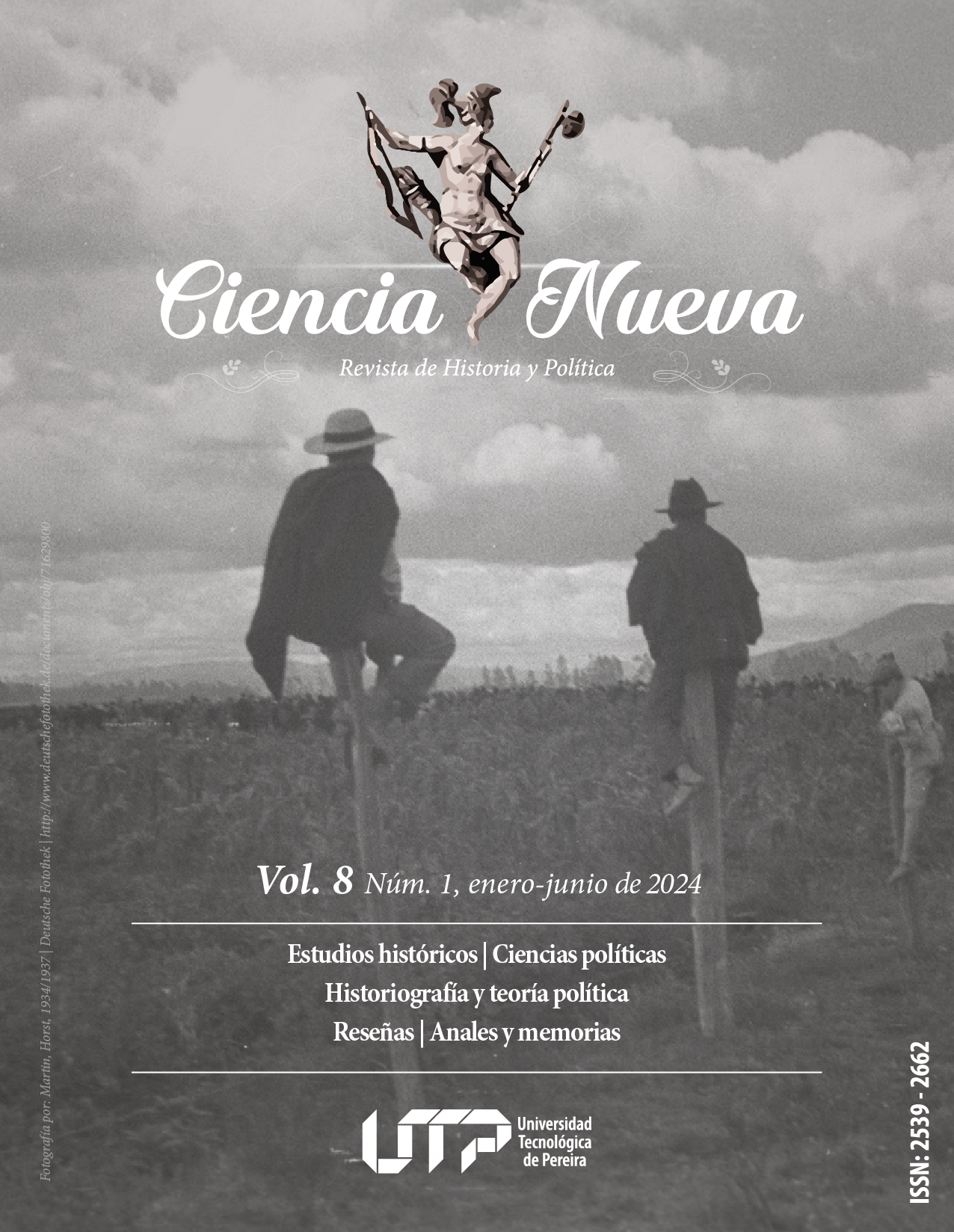Dominique Roger and UNESCO's photography program
An interview with her agent and curator Barbara Brühl-Day
DOI:
https://doi.org/10.22517/25392662.25533Keywords:
Fotografía humanista, UNESCO, Fotoperiodismo, Diplomacia CulturalAbstract
Dominique Roger is certainly one of the few living correspondents who contributed from the inside to the ambitious photographic policy promoted by the United Nations (UN) and its specialized agencies in the second half of the 20th century. Between 1976-1992, she directed the Unesco photographic service based in the VIIth arrondissement of Paris, carrying out some 135 international documentation missions in the flesh, or recruiting a varied network of external reporters who put their lenses at the service of technical assistance programs for the promotion of art, education, science and the safeguarding of heritage. Along with her, a French national, there are profiles of other women camera operators such as Italian Florita Botts, who was the official FAO photographer (based in Rome) at the height of the Cold War and the decolonization processes, or Russian Maria Bordy, one of the first press officers linked to the UN headquarters in New York.
Downloads
References
Allbeson, Tom y Claire Gorrara. «Visual Histories of Postwar Reconstruction: Special Issue Introduction». Journal of War and Culture Studies 15, n.o 2 (2022): 125-132.
Hernández, Óscar Daniel. «El proyecto fotográfico de las Naciones Unidas en América Latina (1945-1980). Una primera caracterización». Revista Historia de América, n.o 165 (2023): 269-303.
Markelova, Katerina. «Dominique Roger: ‘La unesco me regaló el mundo’». El Correo de la unesco, n.o 4 (2021): 30-39.
Roger, Dominique. Un chemin vers la paix. París: Unesco, 2017.
Downloads
-
Vistas(Views): 508
- PDF (Español (España)) Descargas(Downloads): 134
- HTML (Español (España)) Descargas(Downloads): 3
Published
How to Cite
Issue
Section
License
Copyright (c) 2024 Oscar Daniel Hernández Quiñones

This work is licensed under a Creative Commons Attribution-NonCommercial-NoDerivatives 4.0 International License.
For all articles published in Ciencia Nueva, revista de Historia y Política, the ownership of the exploitation rights of the contents of the journal belongs to the author(s).
The works of this magazine are under the Creative Commons Recognition-NonCommercial-DerivativeLicense:




